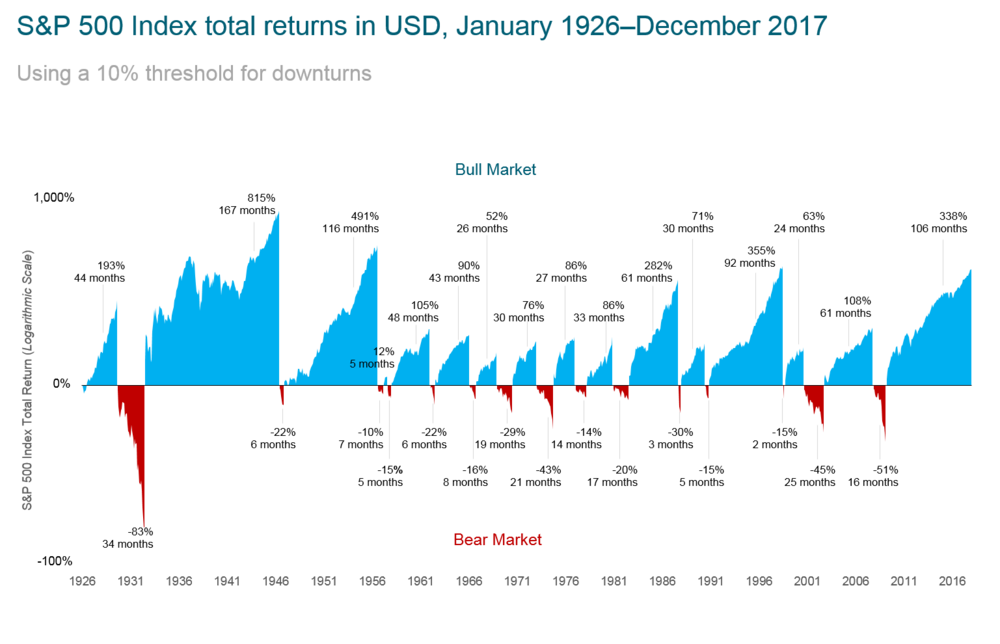Communication around your finances is crucial if you want to be more mindful and intentional around wealth creation.
There are some conversations that will help you ascribe meaning to your money, and these should happen early on in your planning process (and regularly thereafter). Then there are conversations that will facilitate the actioning of your financial plan and will be important when you need to make changes to your portfolio.
Here is a quick guide to five key terms that you’ll hear crop up again and again as you take action in your financial plan.
1. Dividend
A dividend is a portion of a company’s earnings that are distributed to shareholders. The dividends can take various forms but is most commonly a distribution in cash or as a portion of a share of the company. Furthermore, companies have their own policies as to when and how much of earnings are distributed in the form of dividends.
2. Bonds
There are many types of bonds, but in simple terms, a bond is a way of borrowing a sum of money – to be repaid by a fixed date in the future, with interest in the meantime. The buyers of bonds are essentially lenders, which means that if you buy a government savings bond, you become a lender to the local government.
The interest rate received is often referred to as the bond’s yield, and is the compensation that the investor receives for ‘lending’ their hard-earned money. According to an article published by Investopedia, “bonds are often referred to as fixed-income securities because the borrower can anticipate the exact amount of cash they will have received if a bond is held until maturity.“
3. Annuity
An annuity is a type of investment account that uses lump savings to generate a regular income stream – typically these are used for retirement planning.
There are two types of annuities – fixed and variable.
The key feature of a fixed annuity is that you enter into a contract with an insurer who subsequently guarantees a set income for life. This income is dependent on a number of factors such as your age, gender or whether the payment will be level or increasing. The annuity payment is guaranteed by the insurance company, so it is a good option for those who are risk averse (don’t like risk).
With a variable annuity, the risk of the investment is transferred to the annuitant in that her capital (saved money) and subsequent annuity is dependent on market performance.
4. Unit Trusts (also known as Mutual Funds in the US and UK)
According to an article published by The Balance, a “mutual fund (unit trust) is a pooled portfolio. Investors buy shares or units in a trust and the money is invested by a professional portfolio manager” who invests the capital in an attempt to produce an income and capital gains (profit) for the investors. The pool of funds is collected from many investors who wish to invest in stocks, bonds and similar assets.
One of the main advantages of unit trusts are that they offer investment vehicles where smaller investors have access to diversified, professionally managed portfolios in which each shareholder participates (wins or loses) proportionally in the gain or loss of the fund.
5. Asset Allocation
In order to invest your money, you essentially need to give it to someone who will in theory use it to make a profit by working with your assets (invested money), and you then enjoy the profits from that. If they make a loss, you make a loss too. That’s the risk you take.
Asset allocation is therefore the process of deciding how much money, based on your appetite for risk and objectives, is invested in the different available asset classes – such as equities (stocks), real estate (land and property) or commodities (eg. gold and silver).
Being able to talk about your money and how you are working with it is a powerful step in gaining confidence and power over your money, rather than allowing it to have power over you. The more we can learn together, the more we can build the lives that we want and enjoy what we have!










